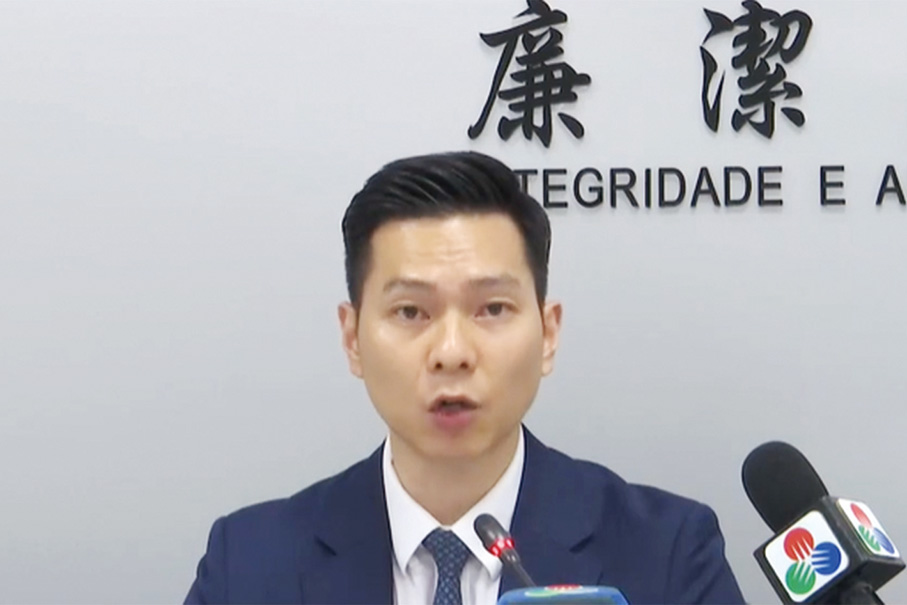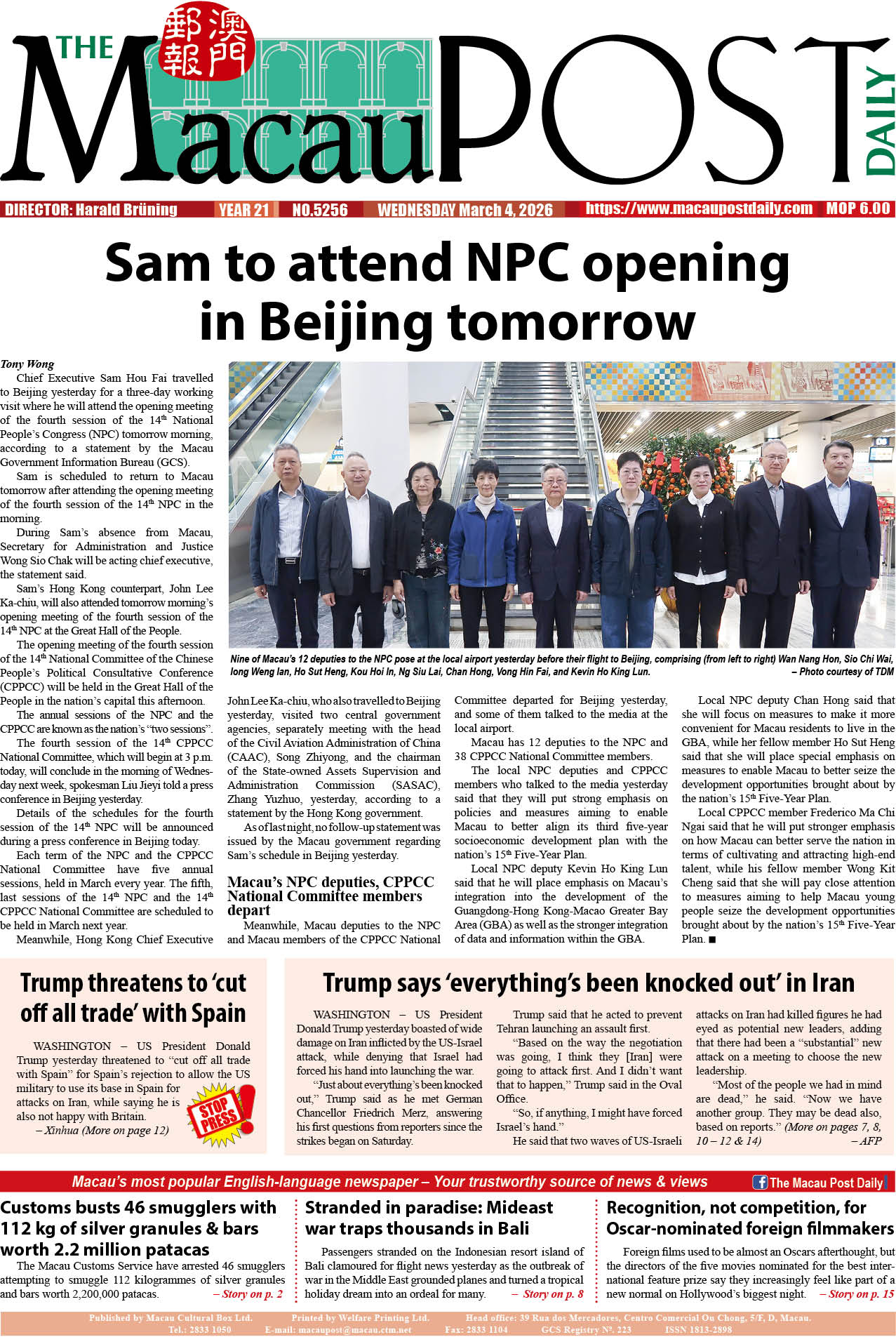US policy to contain China a ‘failure’, reflects ‘primacy’ delusion: Jeffrey Sachs
BEIJING –The unwise US policies aimed at containing China are a failure and only create tensions, impair economic well-being and make the threat of a war loom large, a renowned US economist has told Hong Kong’s South China Morning Post.
In an interview published on Monday, Jeffrey Sachs, director of the Center for Sustainable Development at Columbia University, noted the overwhelming role of US "deep state" in shaping the country's foreign policy.
Still operating according to the dangerous delusion of US "primacy" which no longer exists, the US deep state has been "unable to accept the reality of China's success," he said.
The deep state, or the set of US security institutions as Sachs put it, drives "America's wars, regime-change operations, and foreign policy more generally" with heavy lobbying involved as well.
"The US-China tensions are overwhelmingly caused by the American anxiety that US power is waning around the world. US policymakers are reacting defensively and fearfully, and often very unwisely," said the professor.
Sachs said that US policies to contain China over the recent decade include the attempt to create trade agreements designed to exclude China, increased export bans on hi-tech products and trade barriers to China's exports to the US and European markets, as well as increased militarization of the South China Sea and new military alliances such as AUKUS.
"I believe that every one of these approaches is a failure. They do not 'contain' China, but they raise tensions, lower economic well-being and global economic efficiency, divide the world economy, and bring us close to war," he noted.
There is little participation of public opinion in US security policy, most of which is indeed secretive, he said, adding that the deep state has been engaged in a large number of covert and overt regime-change operations and in pervasive warfare, facilitated by a network of overseas military bases in various countries around the globe.
Noting that China is at the cutting edge of some key global technologies needed for the coming years, including photovoltaics, electric vehicles (EV) and other areas, the economist said that there is no overcapacity in EVs, but there is the need to build out EV markets in the emerging and developing countries.
"Unfortunately, the US and Europe are likely to become more protectionist and will significantly close their markets to China's EVs, but the US and European EV producers will not be able to compete with China's EVs in third markets in the emerging and developing economies."
The scholar predicted that no country will be the hegemon in the 21st century "because technological and military capacities will be too widely spread, and demographic trends will weigh against a single hegemon."
He added that there is no history of China even attempting to become a global hegemon. "China's long history of statecraft was not based on obtaining overseas empires."
"We are not seeing the end of globalization," he said. "Globalization has been part and parcel of human history and will remain so, especially as the new digital technologies make global linkages even more immediate."
The world is faced with increased geopolitical tensions, mainly as the US "confronts the harsh reality that it is not in charge of the world." The delusion of America still leading a unipolar world is the source of growing conflict, he said.
- Xinhua









